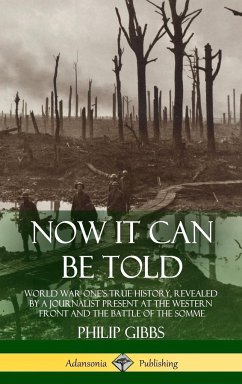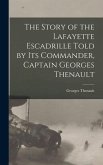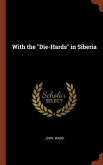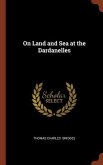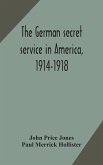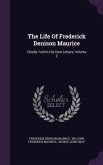Now It Can Be Told comprises of Philip Gibbs recollections regarding the First World War, in which he served as an officially commissioned war reporter. Titled in reference to the relieving of censorship laws following the conclusion of World War One in 1918, this book is noticeably different from the censored or dumbed-down accounts published under Gibbs' byline in popular newspapers as the conflict wore on. In this book, the full scale of the horror wrought in Europe is told unflinchingly with the aim of showing the depravity of conflict and the destruction that results. Early in the war, Gibbs' frank and accurate accounts of the carnage of modern warfare unnerved the British government, who were concerned his accounts would demoralize citizens and turn them against the war effort. Gibbs was ordered home; on refusing to cease reporting, he was arrested and forcibly brought back to Britain.

